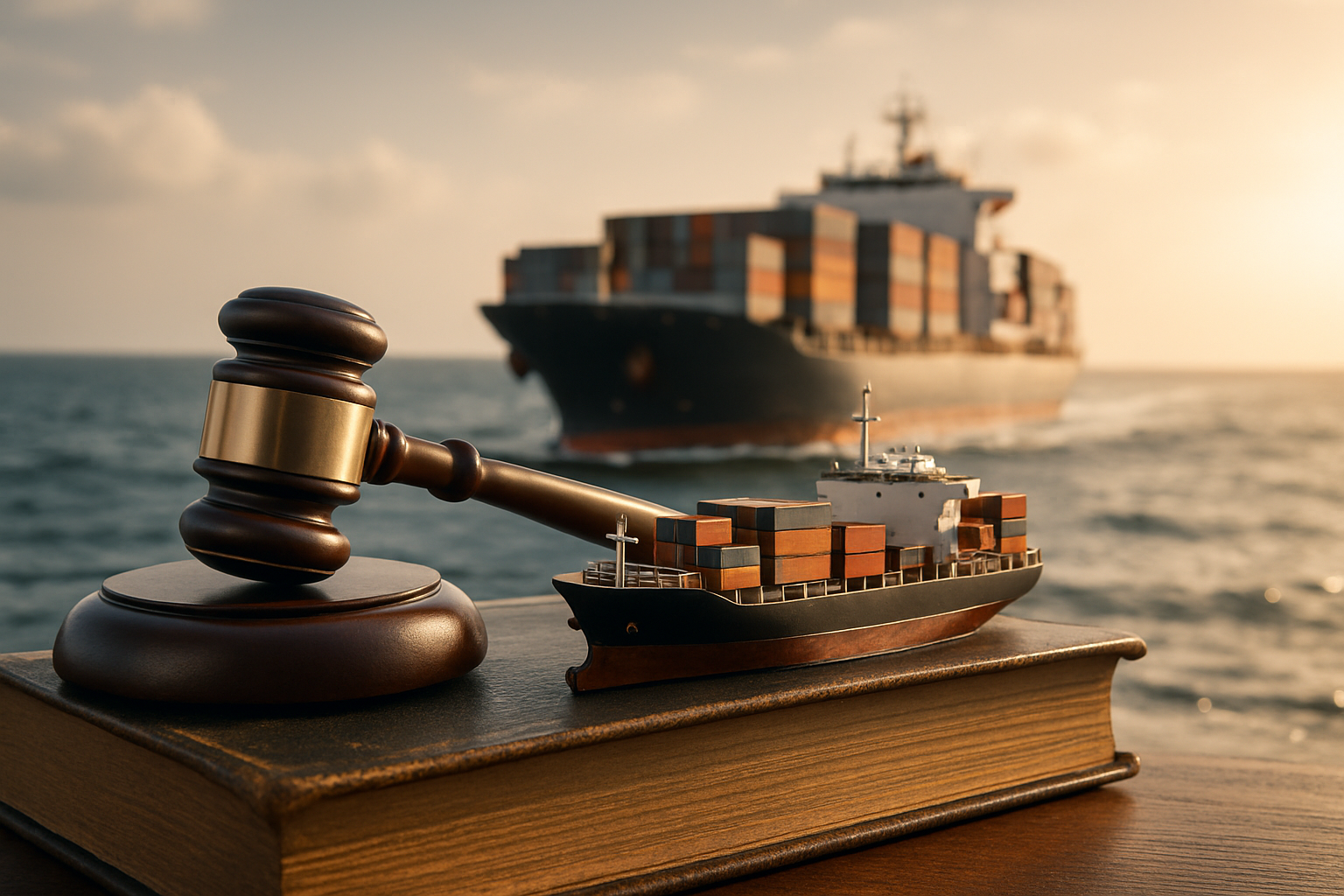Navigating the Complexities of Admiralty Law
Introduction: In the vast expanse of maritime commerce, a unique legal framework governs the seas. Admiralty law, also known as maritime law, stands as a distinct and intricate field that addresses the complexities of oceanic trade, naval matters, and offshore activities. This article delves into the fascinating world of admiralty law, exploring its historical roots, modern applications, and the challenges it faces in an ever-evolving global maritime landscape.

Jurisdiction and Scope of Admiralty Law
One of the most distinctive features of admiralty law is its unique jurisdiction. Unlike traditional land-based legal systems, admiralty courts exercise authority over maritime matters regardless of their geographical location. This expansive reach allows for consistent application of maritime principles across international waters. The scope of admiralty law encompasses a wide range of issues, including vessel collisions, maritime contracts, salvage operations, and marine insurance claims. This broad jurisdiction ensures that specialized legal expertise is applied to the unique challenges presented by maritime activities.
Key Principles and Doctrines in Admiralty Law
Admiralty law is governed by several fundamental principles that distinguish it from other legal domains. The concept of general average, for instance, distributes the costs of sacrifices made for the common good among all parties involved in a maritime venture. Another crucial doctrine is the principle of limitation of liability, which allows shipowners to limit their financial exposure in certain circumstances. These unique legal concepts reflect the inherent risks and collaborative nature of maritime endeavors, balancing the interests of various stakeholders in the shipping industry.
Modern Challenges and Emerging Issues
As global trade continues to expand and maritime technology advances, admiralty law faces new challenges. The rise of autonomous vessels raises questions about liability and regulatory frameworks. Environmental concerns, such as oil spills and marine pollution, have led to increased scrutiny of maritime operations and stricter regulations. Piracy and maritime security issues in certain regions of the world present ongoing legal and operational challenges. Admiralty law must adapt to these evolving circumstances while maintaining its core principles and international consistency.
The Future of Admiralty Law in a Globalized World
Looking ahead, admiralty law is poised to play a crucial role in shaping the future of international maritime commerce. As countries seek to assert control over maritime resources and trade routes, the principles of admiralty law will be essential in resolving disputes and maintaining order on the high seas. The development of new international conventions and agreements will likely focus on addressing emerging technologies, environmental protection, and enhancing maritime safety. The ability of admiralty law to evolve while preserving its foundational principles will be key to its continued relevance in an increasingly interconnected global economy.
Conclusion
Admiralty law stands as a testament to the enduring importance of maritime activities in human civilization. Its rich history, unique jurisdiction, and adaptability to modern challenges make it a fascinating area of legal study and practice. As the world’s oceans continue to serve as vital arteries of global commerce, the principles and doctrines of admiralty law will remain crucial in navigating the complex legal waters of international maritime affairs. Understanding this specialized field of law is essential for anyone involved in maritime industries, international trade, or the broader landscape of global governance and commerce.






